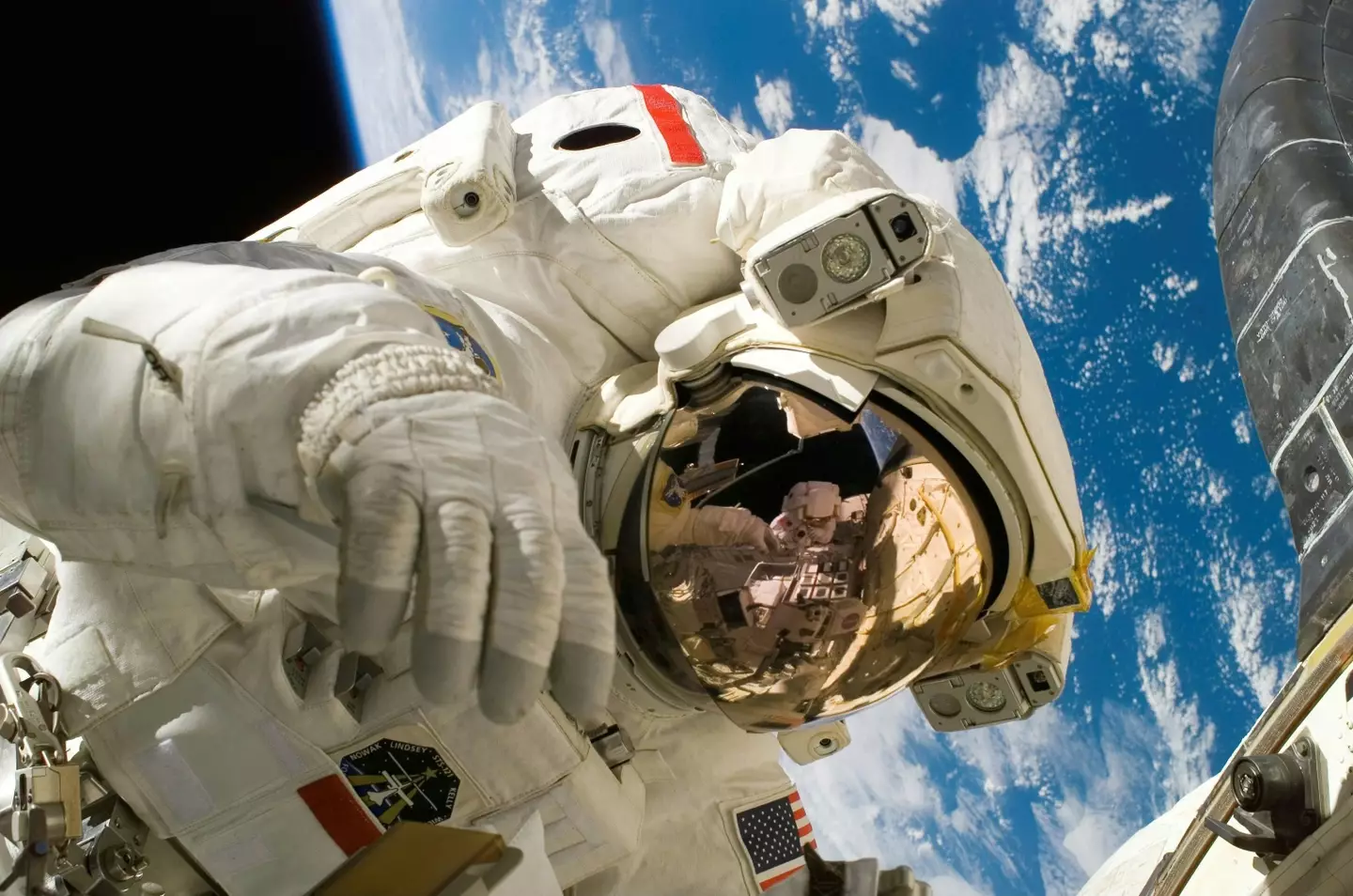Over the past 75 years, humanity has launched thousands of objects into space, ranging from rockets and satellites to fruit flies and more.
We often overlook the bacteria that accompany these objects into space. Given the sheer number of items—2,644 launched just last year—it’s inevitable that many bacteria have been sent beyond our atmosphere.
While most bacteria are benign, some can pose a threat. For instance, Enterobacter bugandensis, a bacterium discovered on the International Space Station (ISS) in 2018, is known to cause illness.
Initially, only five strains of this bacteria were reported, which previous studies linked to ‘severe clinical infection.’ However, further research uncovered an additional eight strains of this multi-drug-resistant bacterium.
Microbes and bacteria play an essential role in maintaining the health of astronauts aboard the ISS. Therefore, when harmful bacteria mutate, there is cause for concern.
Despite the ISS being a ‘highly controlled environment, characterized by microgravity, increased CO2 levels, and elevated solar radiation,’ certain microorganisms have managed to thrive.
Bacteria have evolved on the International Space Station. (Yuichiro Chino/Getty Stock Image)

It is believed that some microorganisms, when exposed to microgravity, can develop antibiotic resistance and increased virulence through rapid mutations and horizontal gene transfer.
Enterobacter bugandensis appears to have established a unique environment on the ISS, differentiating itself from its Earth-bound relatives.
According to a study published in March this year, the bacteria is an opportunistic pathogen. This means it can cause disease in individuals who are already ill or have compromised immune systems. Astronauts, who may experience weakened immunity after extended periods in space, could be particularly vulnerable.
To safeguard astronauts’ health, it is crucial for scientists to understand how bacteria mutate in space—a goal of the study.
The bacteria could impact astronauts’ health. (Pixabay)

Regarding the pathogen’s effects on the body, the study notes: “Enterobacter species act as opportunistic human pathogens, causing nosocomial infections with bacteremia, lower respiratory tract, osteomyelitis, sepsis, and urinary tract infection.”
The study further explains the driving forces behind the bacteria: “A hypothesis central to our study was that the singular nature of the stresses of the space environment, distinct from any on Earth, could be driving these genomic adaptations.”
The findings aim to provide insights into the microbial ecosystem dynamics within the ISS, helping to reduce the risks astronauts face from potential pathogenic threats.

